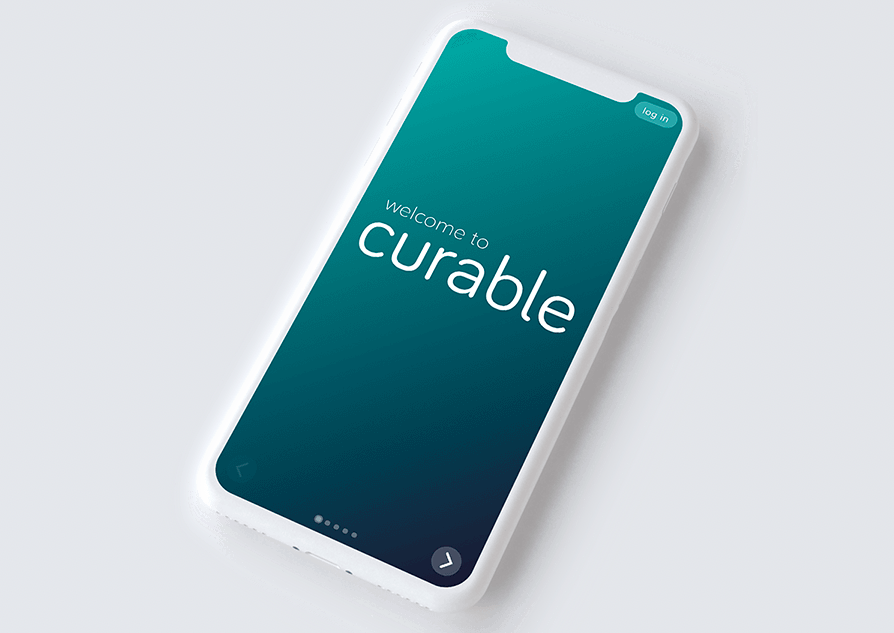Q: So many people with chronic illnesses have been told time and time again that “IT’S ALL IN YOUR HEAD.”
My question to you is … if we can fix the symptoms with something like DNRS, does that mean that those people were right? And why is telling someone that their illness is in their head a very serious mistake?
Scott Forsgren, betterhealthguy.com
Interview of Annie Hopper, August 2017
ANNIE HOPPER: Yes, this is a great question. I remember I was told that … a lot. And I thought, “You have no idea what it’s like to deal with a chronic illness!!!” It’s not in your head at all. It’s a very serious brain trauma. This is comparable to someone having a stroke, it’s just a different form of brain trauma. And this specific kind of brain trauma is affecting a lot of systems of the body and can leave people completely disabled.
I can’t think of any other illness that isolates you from life to that degree. You can have cancer and people would support you and rally around you and everyone would understand, and you have a host of specialists you can consult … but with limbic system impairment and the resulting [mysterious] chronic illnesses and autoimmune conditions, that’s not the case. A lot of people look at you like you have three heads. To say to someone that “it’s all in your head” is (A) very misleading and (B) it just doesn’t do the illness justice. It’s a brain trauma that’s affecting multiple systems of the body. It’s actually very damaging to say to someone, “It’s all in your head.”
[Scott: So true. Amen. Hallelujah.]
Gupta Program, Your Condition Is Not In Your Head: This 30-minute video (recorded live) addresses many QUESTIONS posed by patients considering or currently using the Gupta Program … everything from Lyme Disease to IBS to autoimmune conditions to seasonal allergies to brain fog. The topics covered are applicable for neural retraining programs in general.
Lightening Process: “As soon as some people hear the word ‘brain,’ they immediately think the [LP] intervention must be psychological. However, the brain processes so much more than just emotions. It’s the central controlling unit of the body and controls all the body’s functions … manages hormones, neurotransmitters … and so on. So working with how the brain works has a direct impact on how your physiology works. And in order to recover, there needs to be a change in your physiology, not in your psychology. Because your psychology is not where the problem is … the problem is physical.”

Curable … Making Up My Pain? That’s It’s All in My Head? “No. Chronic pain can be excruciating, and it results from real physical changes that are taking place in the body. There is nothing ‘imaginary’ about the pain that is taking place. Pain can often start after a physical injury that causes tissue damage, but as time passes and the tissue heals, the pain may stay.
“Often the brain becomes involved in this perpetuation of pain. As one famous pain researcher says: ‘Pain does not exist until the brain says it does.’ “